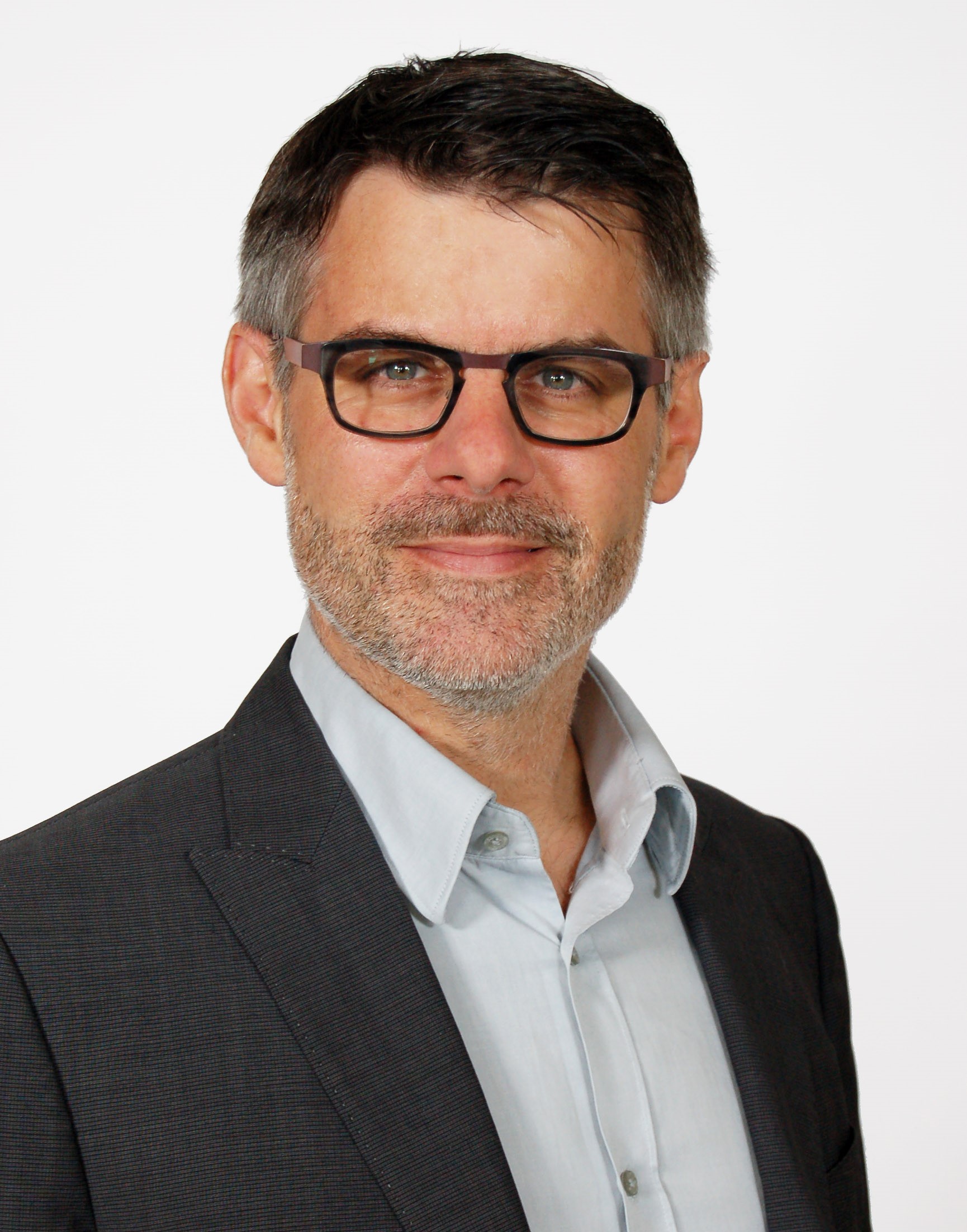Patronage is essential for advancing scientific knowledge
Interview with Professor Wassilios Meissner – November 2023

Professor Wassilios Meissner is one of two experts in neurodegenerative diseases to sit on the board. Board of Directors of the Fondation Clément Fayat. He looks back on this commitment.
Professor, you are Head of the Neurology – Neurodegenerative Diseases Department at Bordeaux University Hospital and Deputy Director of the Institute of Neurodegenerative Diseases at Bordeaux University. How do you find the time to be a trustee of the Clément Fayat Foundation?
As part of its commitment to fighting neurodegenerative diseases, the Clément Fayat Foundation has chosen to support projects aimed at improving patient care. This sponsorship is a very important source of funding for advancing knowledge in neuroscience. So it’s a pleasure for me to take part in this action as a member of the Board of Directors, as I see it as part of my general interest mission.
What types of projects does the Foundation support and how do you select them?
The Board of Directors relies on an independent scientific committee, led by Professor François Tison, to validate the scientific relevance of projects in the short, medium and long term. We support theses and studies that are in line with the Foundation’s priorities. For example, we have provided funding for a year’s study after a thesis for a rare disease. The researcher lacked the resources to connect all the clinical and biological data from the group of patients studied, so as to be able to define the therapeutic study plans.
We also support therapeutic education projects for patients who are still able to take control of their illness. We are interested in non-medicinal therapies, which encourage a holistic approach to the person being cared for; this may involve different methods for reducing the stress and anxiety associated with illness, such as hypnosis, meditation or music.
Medical research has a long-term timeframe, which is not necessarily the same as the construction industry.
It’s true that in our medical world, you have to be humble and patient. Humble, because we learn every day. As for patience… I’ll give you an example: in 2010, we began research into brain ‘diabetes’ in Parkinson’s disease. The encouraging data from therapeutic trials are available today, 13 years later! When you finance a project over 36 months, you have to realise that it’s a very short time. However, last week we welcomed to the Foundation a PhD student we are helping. He presented us with his initial results, which show a real advance in scientific knowledge. So there’s also short-term encouragement!
What is this young researcher’s thesis about?
In the treatment of Parkinson’s disease, he wants to demonstrate the possibility of using “shuttles” loaded with an active molecule, capable of penetrating the brain to clean up waste affecting neurons. Their accumulation leads to a loss of neurons and suffering for the patient. This researcher still has to prove the concept, but the prospects are exciting. In all cases, the work supported by the Foundation is fascinating. The competition for young researchers is fierce. It’s always very gratifying to be able to help a project through sponsorship, and to see areas for improvement emerge.
What is your view of patient care today?
Compared to when I started 27 years ago, practices around neurodegenerative diseases have come a long way. Patients are now cared for by teams made up of occupational therapists, physiotherapists, speech therapists, psychologists, etc. This multidisciplinary approach is a real step forward, even if much remains to be done. Hence the importance of a Foundation like this to support research.
